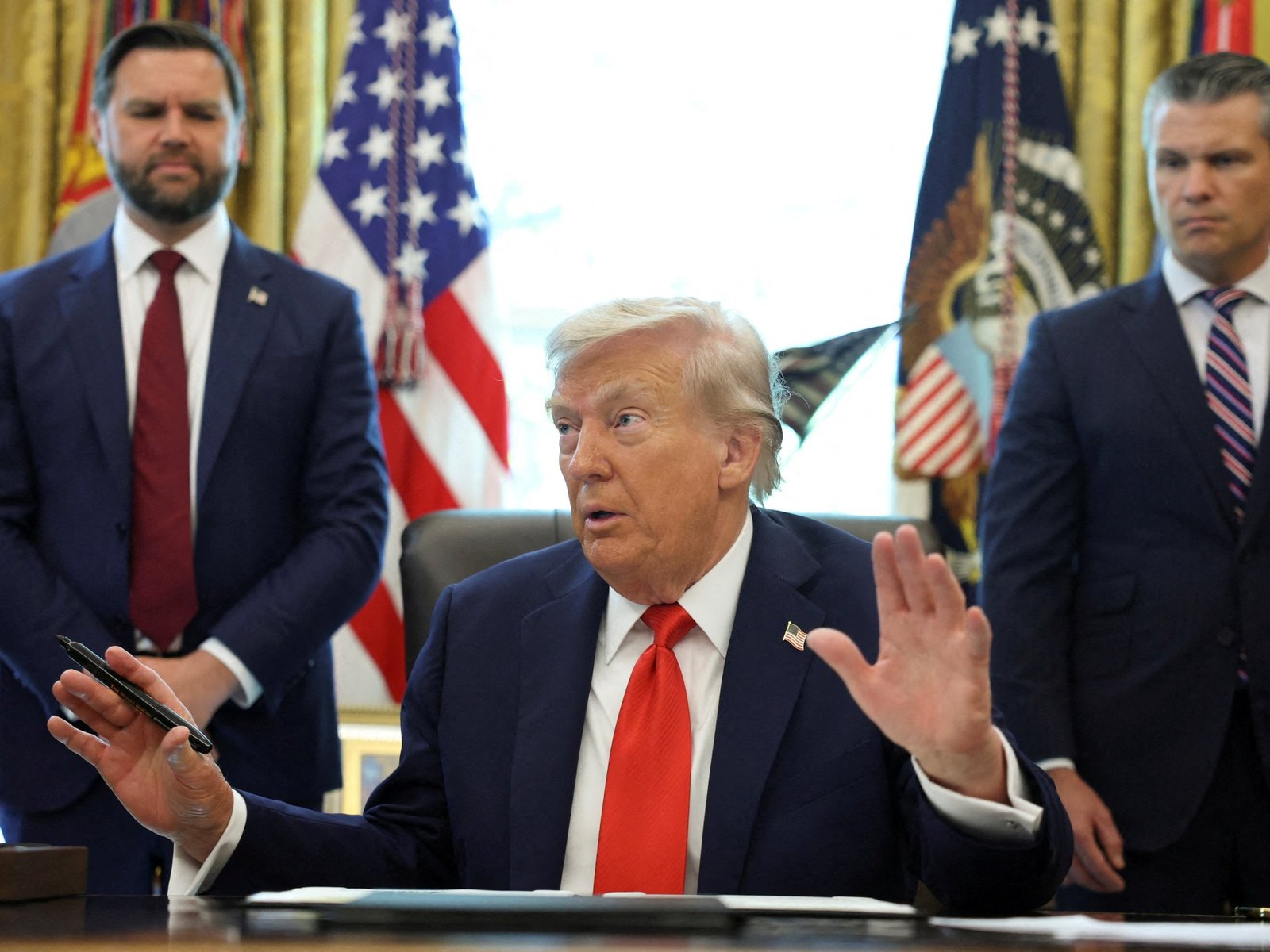White House aims to let funding deadlines lapse following significant cuts in aid, a move criticized as an overextension of authority.
Published On 29 Aug 2025
In a controversial move, President Donald Trump has proposed an additional $5 billion reduction in previously authorized foreign aid in the United States.
This initiative represents another effort by Trump to significantly reduce funding for humanitarian initiatives and global organizations while testing the boundaries of executive power.
Previously, Trump gained congressional approval to eliminate $9 billion in foreign aid and public media funding through legislation passed in July. The current proposal seeks to exploit a lesser-known tactic to bypass Congress entirely.
According to the U.S. Constitution, control over federal spending rests with Congress. However, in a letter released online late Thursday, Trump informed House Speaker Mike Johnson of his intention to unilaterally withhold $4.9 billion in foreign aid funding.
This approach, termed a “pocket rescission,” allows Trump to temporarily freeze funding for 45 days, effectively pushing the allocation beyond the end of the fiscal year on September 30, leading to its expiration.
The White House noted this tactic hasn’t been employed since 1977, over five decades ago.
A recent court filing clarified that the funds in question were designated for foreign aid, United Nations peacekeeping activities, and initiatives aimed at promoting democracy abroad.
Much of this funding was intended to be managed by the U.S. Agency for International Development (USAID), which Trump has largely restructured under Secretary of State Marco Rubio.
‘Triage of Human Survival’
This funding cut comes amid mounting warnings from the United Nations and humanitarian organizations about the dire consequences of U.S. financial reductions.
In June, the UN disclosed significant program cutbacks, characterizing it as “the deepest funding cuts ever to hit the international humanitarian sector.” UN aid chief Tom Fletcher remarked that these cuts have forced humanitarian groups into a “triage of human survival.” In July, the UN projected a rise in HIV/AIDS fatalities by 2029 as a result of these funding reductions.
The repercussions are being acutely felt in various regions, notably the Middle East, Southeast Asia, and Africa.
In July, Doctors Without Borders (MSF) reported that at least 652 malnourished children had died at its facilities in northern Nigeria during the first half of 2025 due to delayed access to care.
Earlier this week, Save the Children highlighted that Nigeria, Kenya, Somalia, and South Sudan are on the brink of running out of “ready-to-use therapeutic food” (RUTF) within the next three months.
Meanwhile, at least one Republican lawmaker has publicly condemned Trump’s actions as an unlawful exercise of presidential power. Senator Susan Collins stated, “Rather than undermining the law, the appropriate course of action is to find ways to curb excessive spending through the bipartisan annual appropriations process.”

